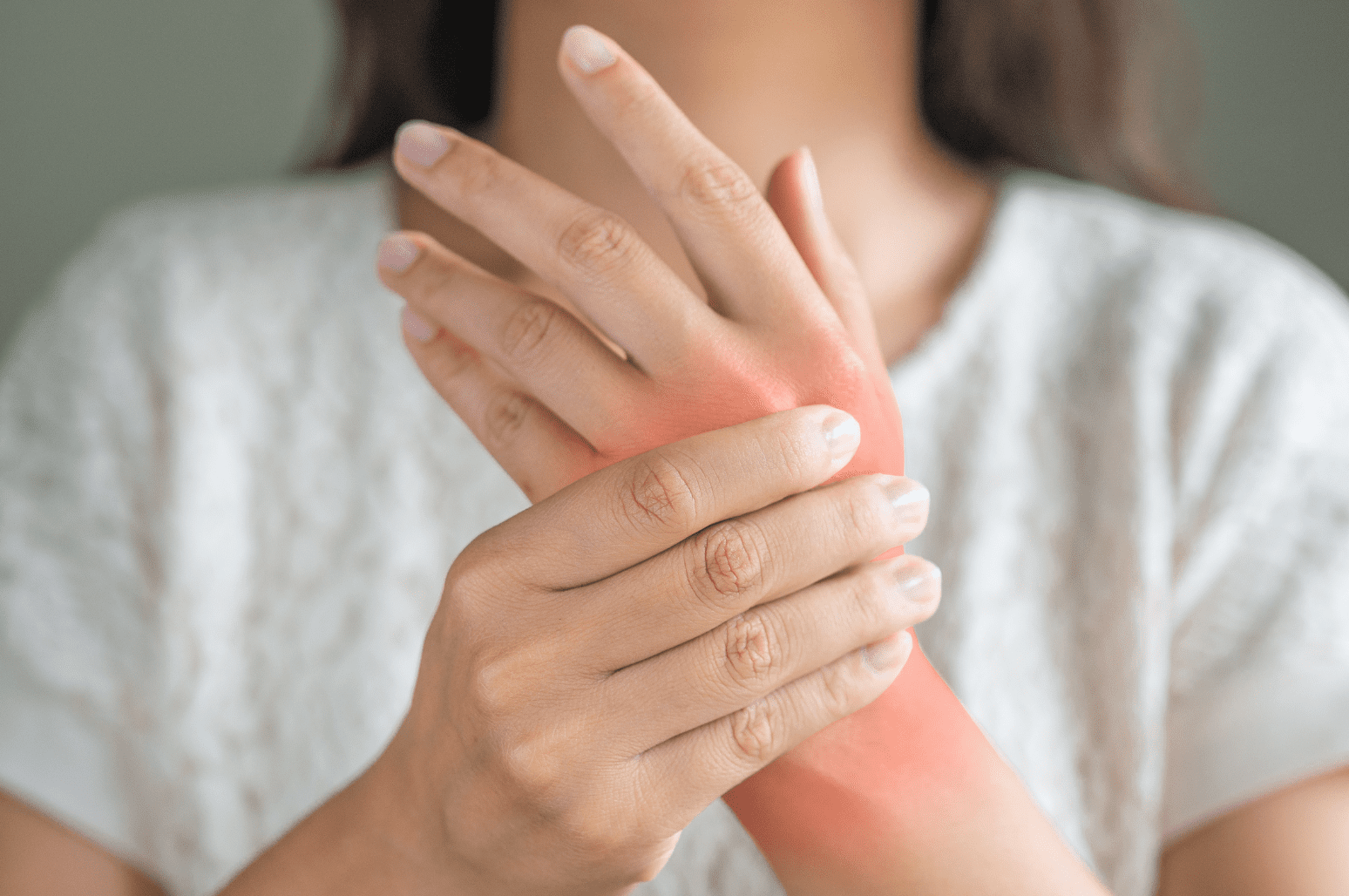Does Keto Impact Cholesterol: What Effect Can a Ketogenic Diet Have?

Key Takeaways on Whether Keto Impacts Cholesterol:
- There is much confusion and misinterpretation regarding data on high-fat dieting and improved cardiovascular function.
- Improved blood lipid markers can reduce the risk of atherosclerosis, coronary heart disease, and other cardiovascular diseases.
- Ketogenic diets have shown beneficial in improving blood lipid markers by increasing HDL concentrations, decreasing LDL/VLDL concentrations, and increasing lipoprotein size.

Cholesterol is a class of lipid (or fat) molecule in the body. It is a waxy substance that has a variety of functions from constructing hormones (estrogen and testosterone), maintaining the integrity of cell membranes, and aiding inthe absorption of fat-soluble vitamins. Your body produces 75% of the cholesterol it needs through the liver and other internal sources and acquires the remaining 25% from dietary sources. [1]
Cholesterol is transported in the blood by molecules known as lipoproteins, which are composed of fat and protein. These lipoproteins are commonly reported in health reports as HDL, LDL, VLDL, etc. HDL particles are characterized by having a high-density ratio of proteins on the particle envelope (organized by one or more apolipoprotein A1 proteins) to the amount of fat molecules on the inside. LDL and VLDL are characterized by having a low-density ratio of external proteins (organized by one apolipoprotein B-100 protein) to the amount of triglycerides in the lipophilic region. In addition, larger particle sizes of each lipoprotein (HDL, LDL, and VLDL) are more beneficial and/or less harmful than those of smaller particle sizes.

Lipoproteins 101
High-density lipoproteins (HDL), also referred to as “good cholesterol,” have two main functions:
- Transporting cholesterol around the body
- Collecting cholesterol that is not being used by cells and brings them back to the liver to be recycled or destroyed.

As a result, HDL prevents clogging and accumulation of cholesterol in the arteries.
Low-density lipoproteins (LDL) also transport cholesterol produced by the liver and cells throughout the body. However, LDL molecules move slower and are more vulnerable to oxidation than their HDL counterparts. When they are oxidized, these molecules can impede cardiovascular function by burrowing into the walls of the arteries and restricting blood flow; thus, they are often referred to as “bad cholesterol.”
Even more damaging than LDL are lipoproteins called very-low-density lipoproteins (VLDL). These particles transport triglycerides in the body and are more likely than other lipoproteins to clog vessels and impair cardiovascular functions.
What is the Impact of a Ketogenic Diet on Lipoprotein Levels?
Clinical research suggests that a low-carb, high-fat ketogenic diet may have a positive impact on each form of lipoprotein. In general, a low-carb approach has been shown to be advantageous by increasing levels of HDL cholesterol about 12% in subjects with the lowest carbohydrate intakes. [2]

The same findings have been discovered in other studies, where low-carb dieting (<50 grams per day) was associated with increases in HDL concentrations that were double that of a low-fat approach. [3] Even better, a more stringent approach (<20 grams per day) resulted in increases of HDL almost four times that of a low-fat diet. [4]

In regards to LDL and VLDL, a 12-week diet intervention containing 10% of macronutrient energy by calories from carbohydrates (<50 grams per day) decreased the number of LDL particles by 9.6%, increased the size of those particles by 5.2%, and decreased the number of VLDL particles by 19%. [5]

In addition, another 6-month ketogenic diet intervention resulted in decreased LDL particle concentration by 11%, with the average particle size being increased by 2%. [6] This optimization in LDL cholesterol was less pronounced in the low-fat group compared to the low-carbohydrate ketogenic diet group. These results are very revealing, and most doctors now understand that LDL may not be the chief culprit, but rather it is the VLDL that is associated with the most issues. By increasing the particle size of VLDL, blood vessels are less likely to become “clogged,” potentially having less future issues.
There is some research out there suggesting that a ketogenic diet can lead to an increase in LDL cholesterol. However, this is typically a misinterpretation of the increase in LDL particle size that we previously discussed. Additionally, it is thought that this increase may occur as a result of the increase in HDL cholesterol. Therefore, though total cholesterol may rise, it is the ratio of HDL to LDL that is what truly matters. Thus, properly constructing a well-formulated ketogenic diet should have beneficial effects long term on cholesterol levels, despite the high-fat nature of the diet.
References
Johnson, T. D. (2010). Mind your cholesterol for a healthy heart. The Nation’s Health, 40(3), 24.
Merchant, A. T., Anand, S. S., Kelemen, L. E., Vuksan, V., Jacobs, R., Davis, B., … & SHARE and SHARE-AP Investigators. (2007). Carbohydrate intake and HDL in a multiethnic population. The American journal of clinical nutrition, 85(1), 225-230.
Bueno, N. B., de Melo, I. S. V., de Oliveira, S. L., & da Rocha Ataide, T. (2013). Very-low-carbohydrate ketogenic diet v. low-fat diet for long-term weight loss: a meta-analysis of randomised controlled trials.British Journal of Nutrition, 110(7), 1178-1187.
Brinkworth, G. D., Noakes, M., Buckley, J. D., Keogh, J. B., & Clifton, P. M. (2009). Long-term effects of a very-low-carbohydrate weight loss diet compared with an isocaloric low-fat diet after 12 mo–.The American journal of clinical nutrition, 90(1), 23-32.
Wood, R. J., Volek, J. S., Liu, Y., Shachter, N. S., Contois, J. H., & Fernandez, M. L. (2006). Carbohydrate restriction alters lipoprotein metabolism by modifying VLDL, LDL, and HDL subfraction distribution and size in overweight men. The Journal of nutrition, 136(2), 384-389.
Westman, E. C., Yancy Jr, W. S., Olsen, M. K., Dudley, T., & Guyton, J. R. (2006). Effect of a low-carbohydrate, ketogenic diet program compared to a low-fat diet on fasting lipoprotein subclasses.International journal of cardiology, 110(2), 212-216.









